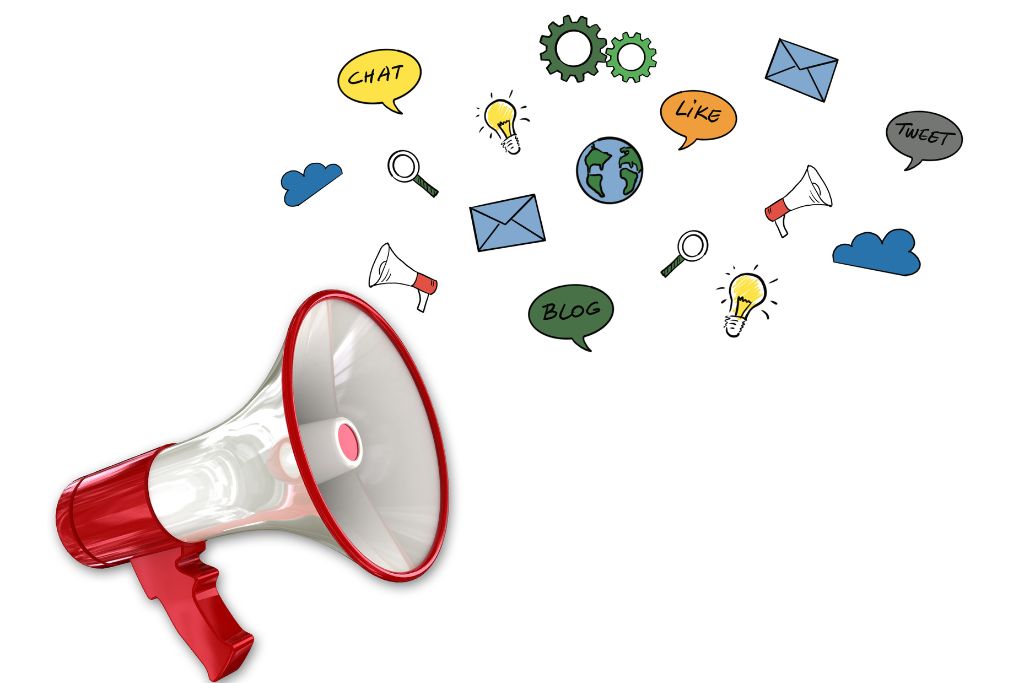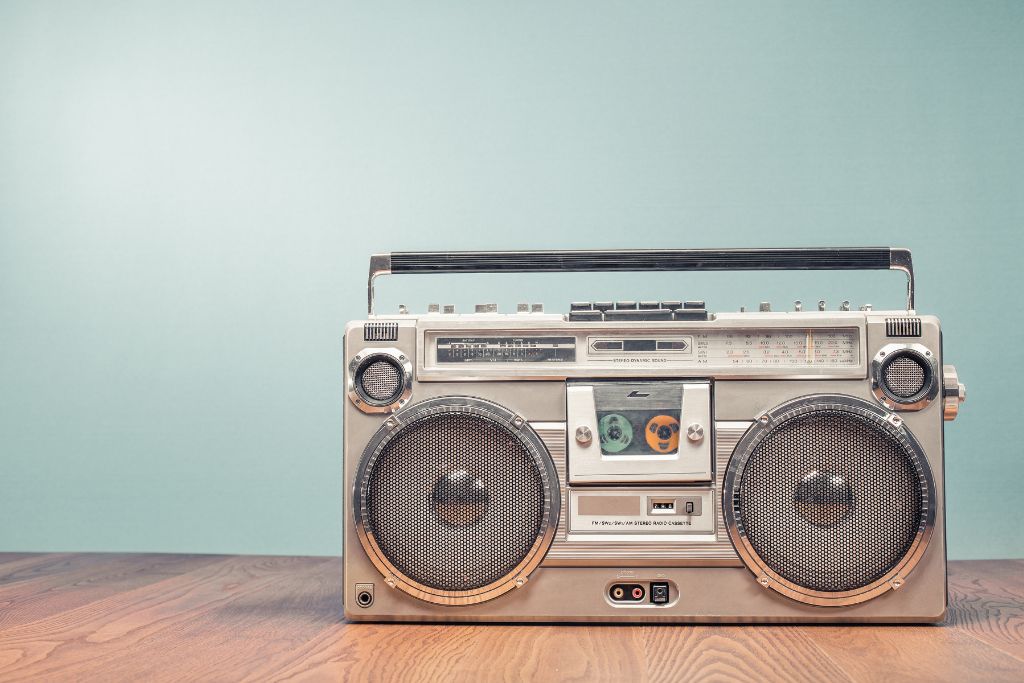For the 2023 Radio Mercury Awards, advertising agencies, brands, and production companies were encouraged to submit work that utilizes the power of sound to tell a story. The judges heard a number of creative commercials that entertain and educate audiences in a fun way. The top spot of the night went to Go RVing for their campaign. The other big winner was Procter & Gamble, who were named the Radio Marketer of the Year.
Audience Retention is Key
This year’s winning work in our Multi-Platform Campaign with Broadcast Radio category showcased how radio and audio remain an essential part of brands’ media mix. These campaigns entertained, informed, and sparked important conversations on topics ranging from mental health to organ donation.
The winners included a commercial for Procter & Gamble for Glad Strength that also ran on TV, digital, and OTT. It was a great reminder that a powerful idea and a well-written script still rule the day.

A big congratulations to all the 2023 Radio Mercury Award Winners and finalists. They are a testament to how agencies, production houses, and stations are delivering on clients’ marketing goals in a creative way that engages and entertains listeners. The results were revealed live at Sony Hall on June 8 in New York City. The awards ceremony was hosted by BBC Music’s Jeff Smith, Head of Music and Radio. This year’s shortlist includes artists such as Arctic Monkeys, Danielle Perry, Hannah Peel, and Mistajam.
Social Media is Changing the Game
As consumer priorities shift during the COVID-19 pandemic and social unrest, marketing approaches must adapt to remain relevant. In 2020 and 2021, the Radio Mercury Awards will introduce new categories to reflect these shifting marketing imperatives. These include a DIY category that recognizes the ability of brands, agencies, and broadcasters to produce work when traditional resources aren’t available, like Go RVing’s “Air Travel” spot, which won the top prize in two categories at the event.

Other campaigns that made an impact at the event included Motel 6’s “We’ll Leave the Light On For You,” Bud Light’s Real Men of Genius, and Quikrete’s Bedtime Stories campaign, all of which are episodic in nature to keep audiences wanting more. This approach allows for greater brand recall and builds a stronger bond with consumers. These campaigns also serve as a call to action to support local, independent businesses during the pandemic. This year’s Radio Marketer of the Year, Procter & Gamble, has been a leader in using audio to leverage their brand equity and reach their audience.
Audience Segmentation is Key
The best marketing strategies address the unique needs of specific audiences. This is why it’s important to segment your target audience by demographics, behaviours and psychographics. This allows you to deliver more relevant messaging and build stronger connections.
Audience segmentation can help you spot interesting quirks in your audience that may open up new partnership opportunities for your business. For example, you may discover that one of your audience segments really enjoys playing handball and is more likely to listen to podcasts than the average person. This insight can open up a new avenue for sponsorship and a way to reach this group with a different type of messaging that they will find valuable.

If you’re looking to add your work to the Radio Mercury Awards collection, the 2023 call for entries opens in January and we’ve added several new categories this year. Learn more and register to participate here. The winners will be announced live on June 8 at Sony Hall in NYC and online.
Audience Engagement is Key
Depending on your campaign goals, you can set the frequency of your Facebook ads to reach as many or as few people as you like. For example, if you’re using your budget to raise awareness and attract new audience members, you might want to keep the frequency low. But if you’re looking to push users toward a final decision or purchase, you can use a higher frequency to drive repeat engagement.

Interviews with radio consumers confirmed that they tend to listen to program segments rather than archived programs because doing so enables them to circumvent time shifting (listening after the live broadcast) or inconvenient schedules or to repeat their favorite segments. This reflects the ‘uses and gratifications’ theory of media consumption, which assumes that different consumers consume media according to their own specific needs and interests.
The 2023 Call for Entry opens in January. Be sure to get in early for the chance to win a Radio Mercury Award!

